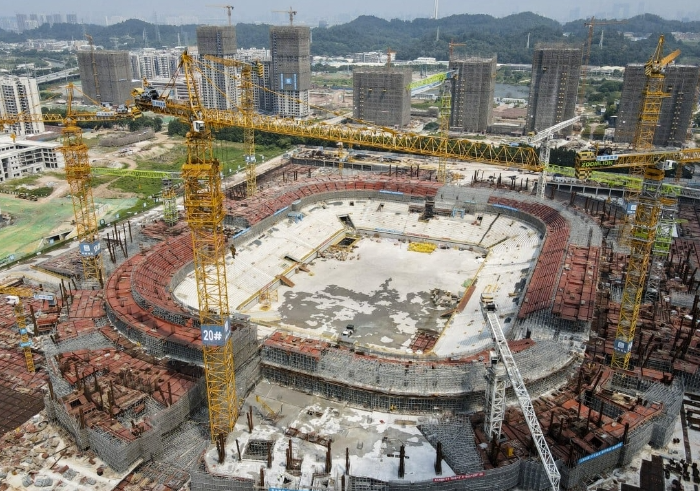Guangdong province, historically a key driver of China’s economic growth, has continued to lag behind the national average in terms of gross domestic product (GDP), with the gap widening further due to an ongoing property market crisis and uneven performance across its cities.
For the first three quarters of the year, Guangdong’s GDP grew by 3.4%, falling 1.4 percentage points short of the national figure of 4.8%. This represents a growing disparity compared to the first half of the year, when Guangdong’s 3.9% growth trailed the nation’s 5% by 1.1 percentage points.
Retail sales in the province also stagnated, with growth of just 0.7%, down from 1.2% in the first half.
“Guangdong’s underperformance is highlighting the negative effects of the real estate crisis,” said Guo Wanda, vice-president of the China Development Institute, a think tank based in Shenzhen.
While tech-centric Shenzhen has continued to perform well, other cities in the province—particularly those more dependent on real estate and traditional manufacturing, such as Guangzhou and Foshan—have seen slower growth.
Guangdong’s current struggles underscore the deep impact that the country’s property market challenges are having, especially on regions heavily reliant on real estate. Despite Shenzhen’s tech-driven resilience, other cities in the province are facing more significant headwinds.

